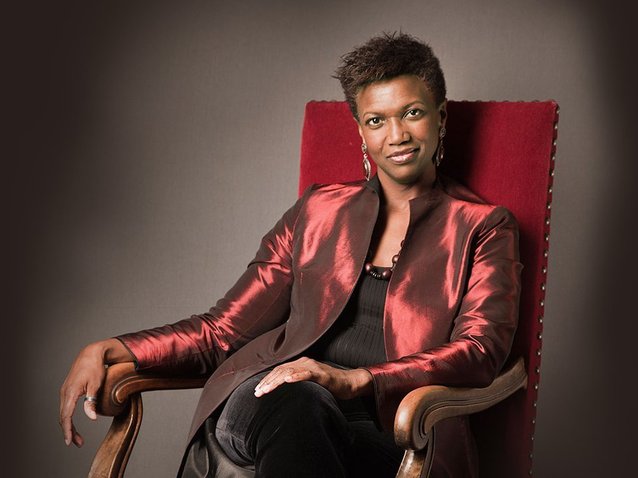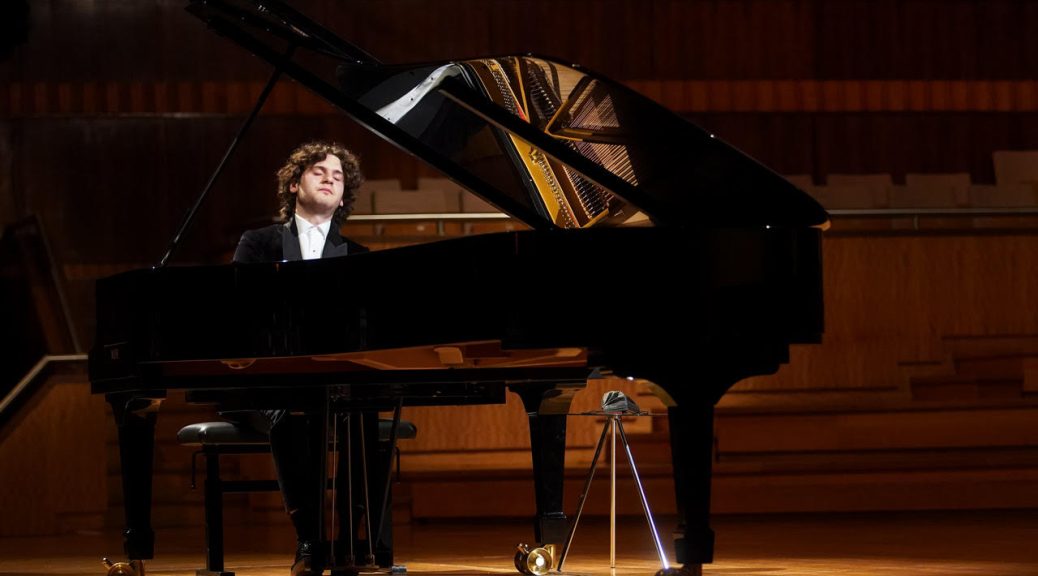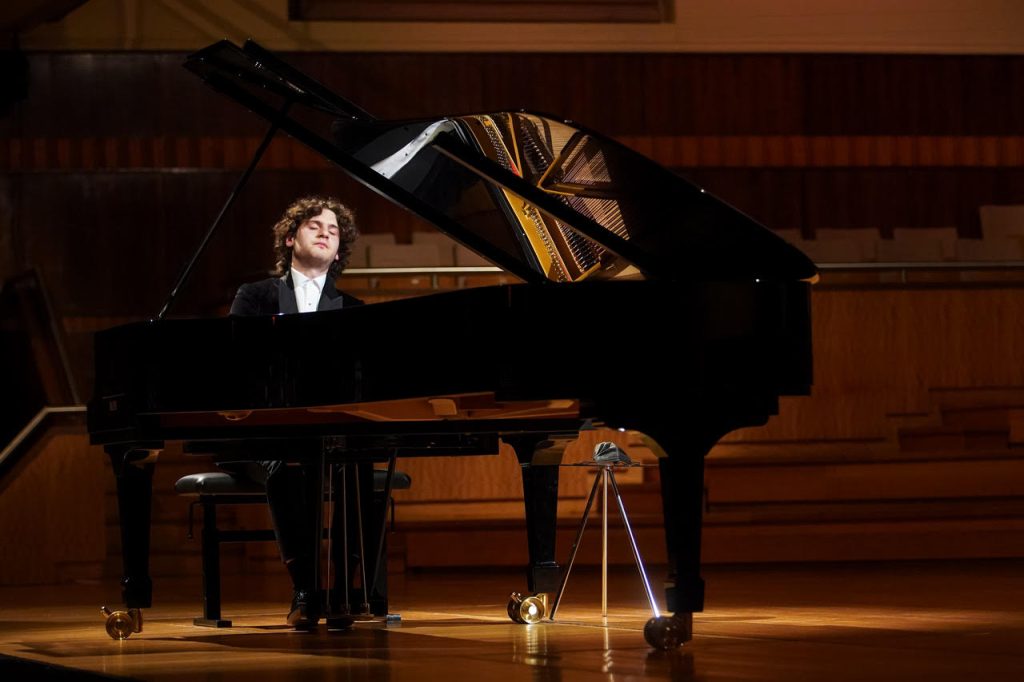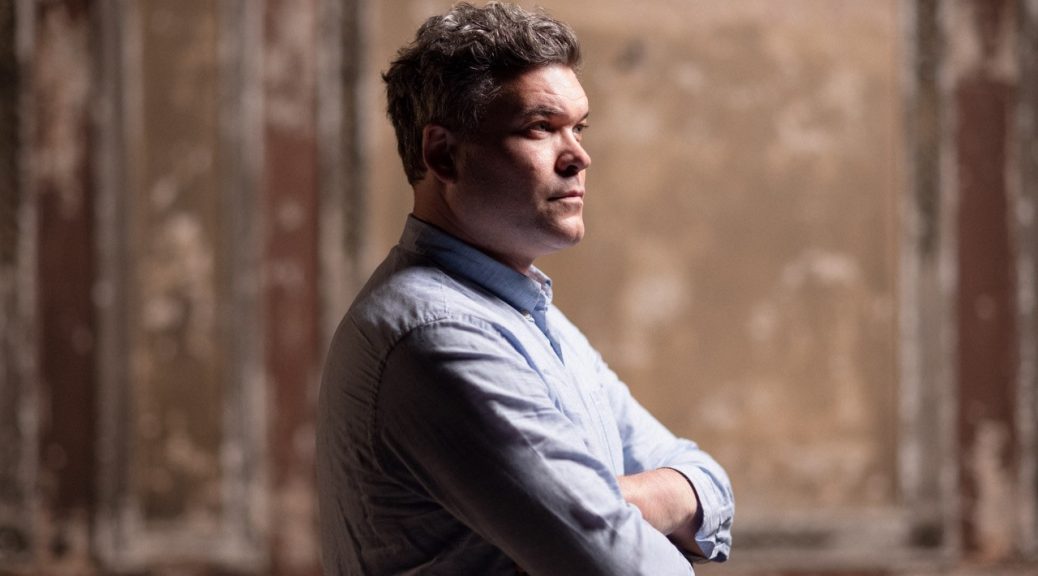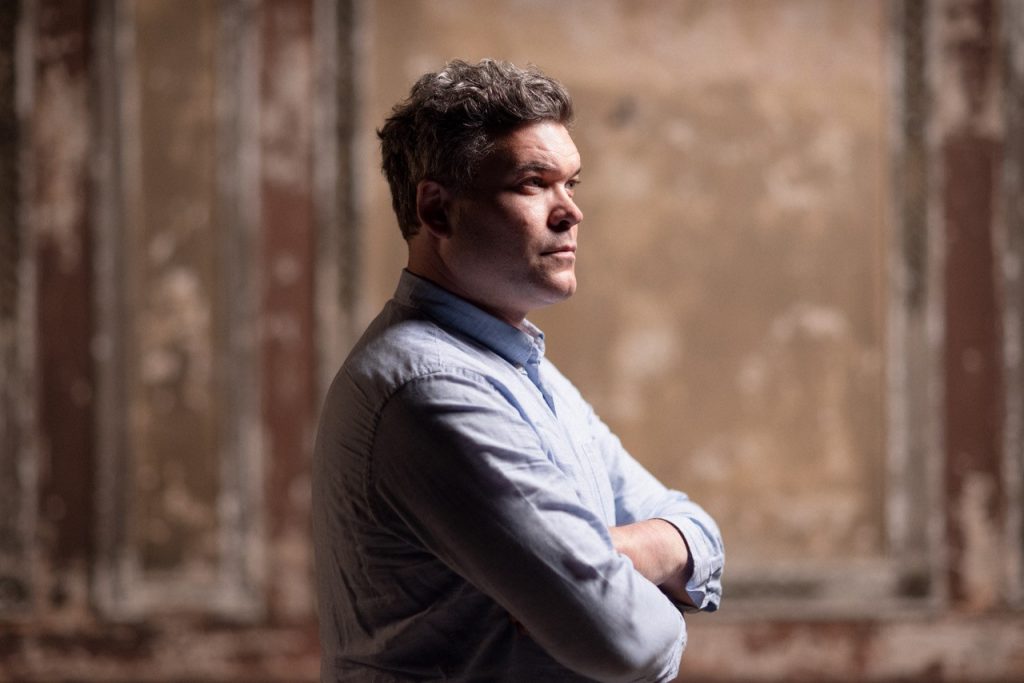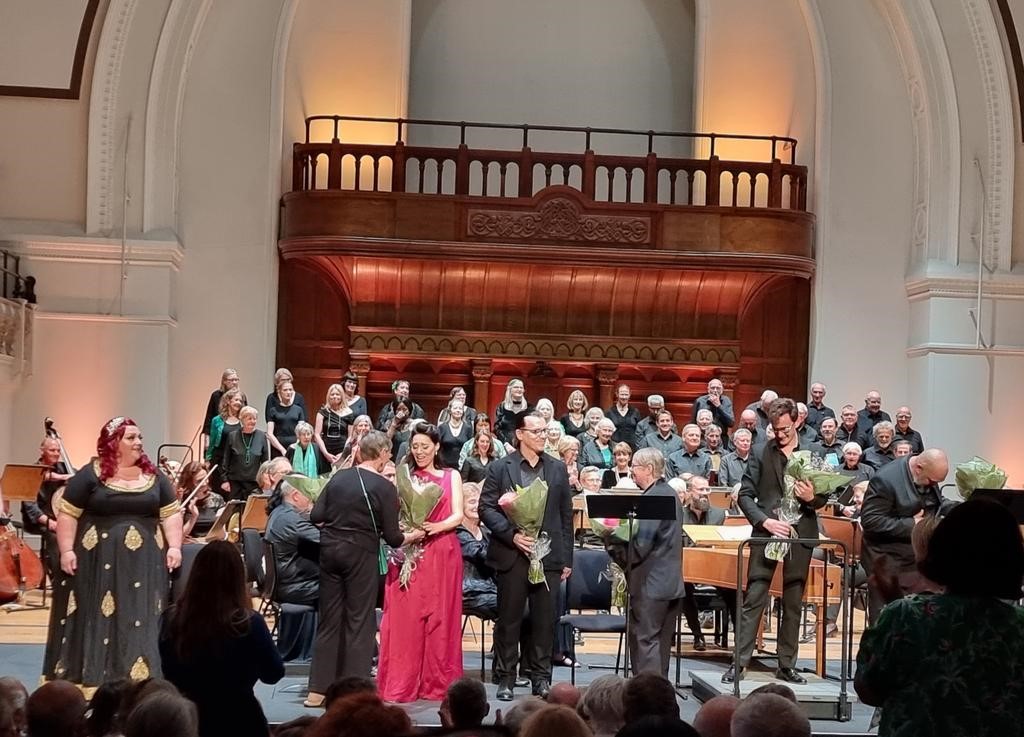
Photo credit: Linda Farrell
[USR=4]
This most recent trip to London was met with little sleep, tube closure and sweltering temperatures. This first night in, I wanted to see a group who have established themselves since the 1950s in their love of music making.
Chelsea Opera Group’s most recent concert was Mozart’s La Clemenza di Tito, his last opera. I’ve been curious to hear this for years, it’s a ancient Roman setting filled with deceit and vengeance, or so we think. I’ll confess this was a Mozart which didn’t grab me as much as other pieces, I still went along with it. It was shorter then the more famous work and though the story is slightly more dense then it needs to be, had sharp moments of drama. As for the music, there are very many marvellous arias, some duets and a chorus who pop up to declare how great their empire, Titus really is.
The plot may some issues with pacing and there are gender crossing roles as well, so some head stretching does occur. I was impressed by the professionalism of the while thing. The orchestra were right, the chorus had some proud moments and the soloists were right for the roles. Conductor Paul Wingfield occasionally shocked with grunts and stomps on the podium, his passion was shared with all others on stage. There was a grace to the composition, though almost certainly not historically accurate, the piece remains a fine example of letting things go, even if you’ve been greatly wronged.
The cast shone here. Helena Dix was a delight as Vitella, the most dramatically dressed in vivid gown and laurels. It’s a role mostly of plotting, her voice very strong in a commanding role. Sesto was played by Kezia Bienek, also indulges in cunning with the plot to destroy Titus. Here she left little doubt over her mezzo, it was clear and noteworthy in the part. Polly Leech also enthralled as Annio, a trouser role here and the audience was very keen on her. Simon Wilding was Publio, a minor role though one he filled with suspense, he is a bass to keep an eye on.
A last minute replacement saw Ben Thapa as Titus, a strange character one not seen for most of the opera. This is a commanding person to take on, though his clemency comes later he can be a bit of queen per se. Ben tackled this arias with vigor, though the final one might have featured some unsure moments. The fact he came in at the last hour and did this is also impressive, his voice is quite enthralling and rouge. In the smaller part of the show, Servilia played by Ellis Laugharne was a brief affair, though had some lush moments with Polly, their love for one another define in duets and sweet arias.
The whole evening remained impressive. I’d love to come back for more!
Chelsea Opera Group’s next performance at Cadogan Hall will be Verdi’s A Masked Ball 22 October 2023.

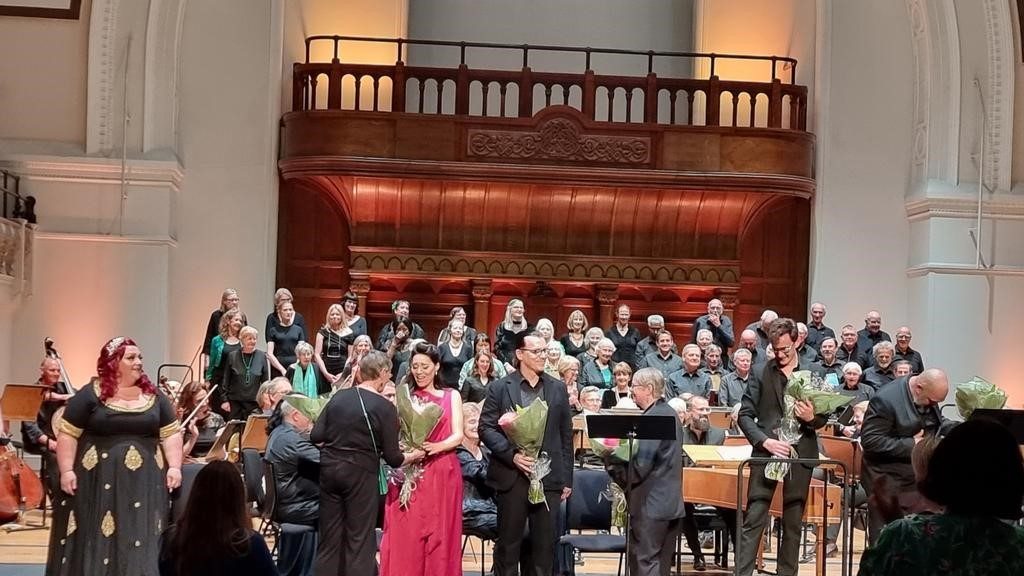
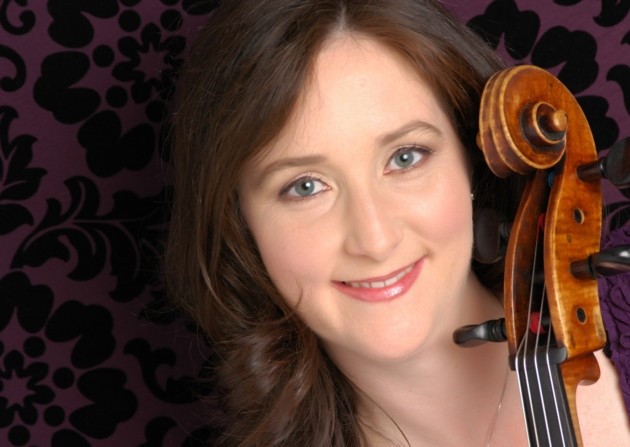


 (3 / 5)
(3 / 5)
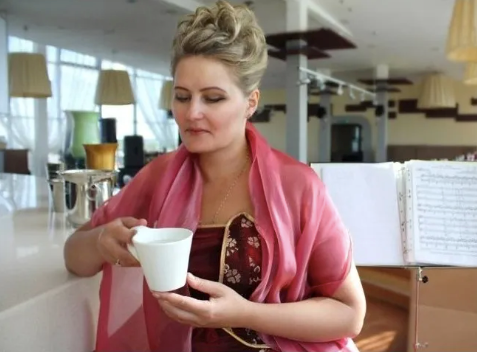
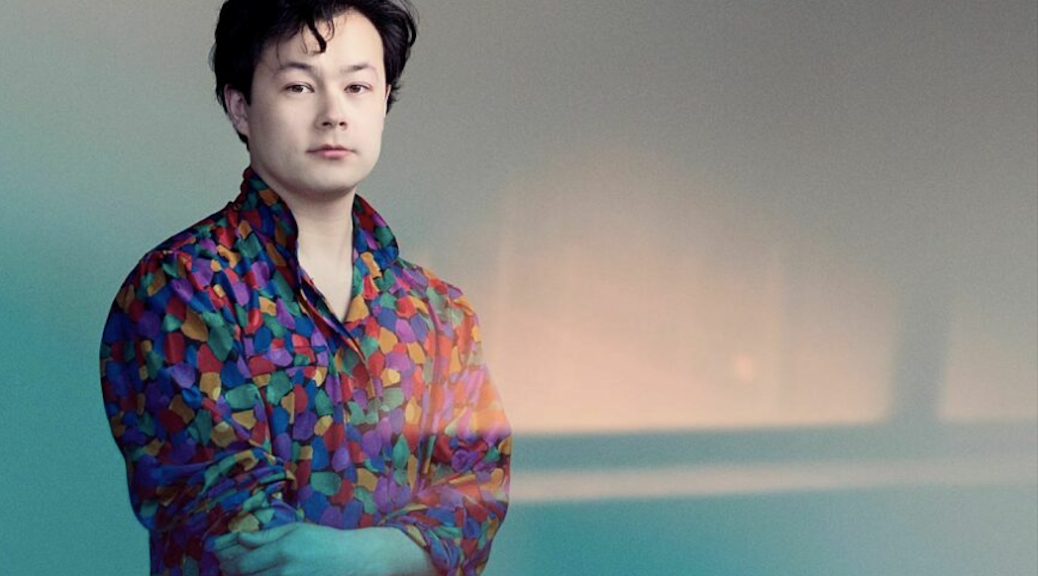
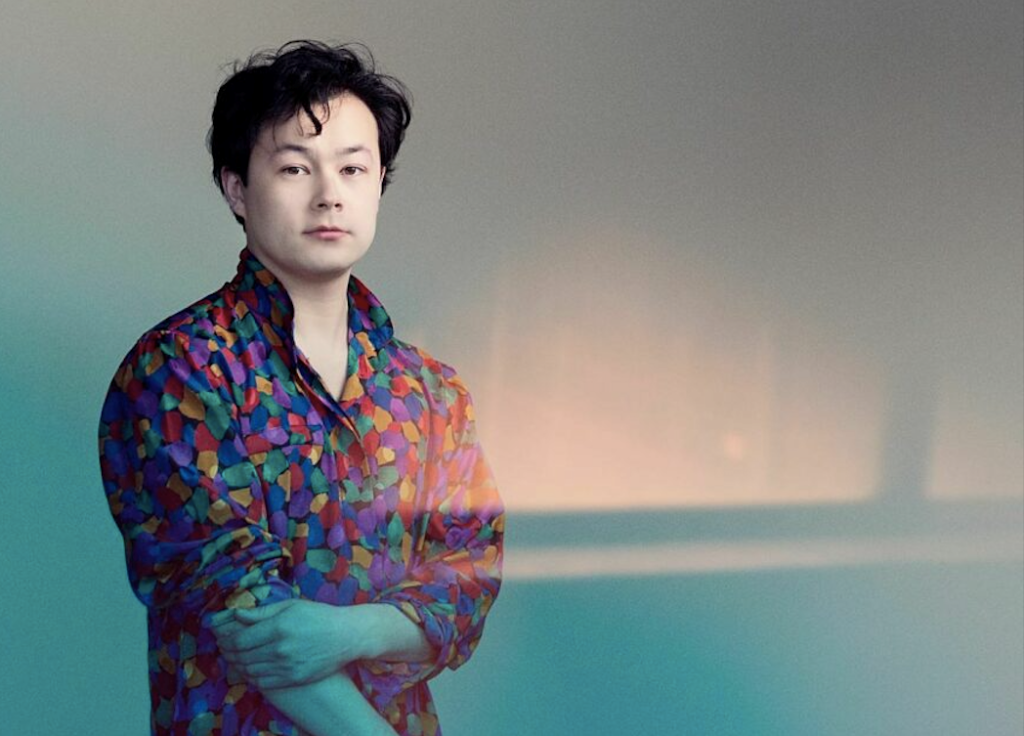
 (5 / 5)
(5 / 5)
 (4 / 5)
(4 / 5)

